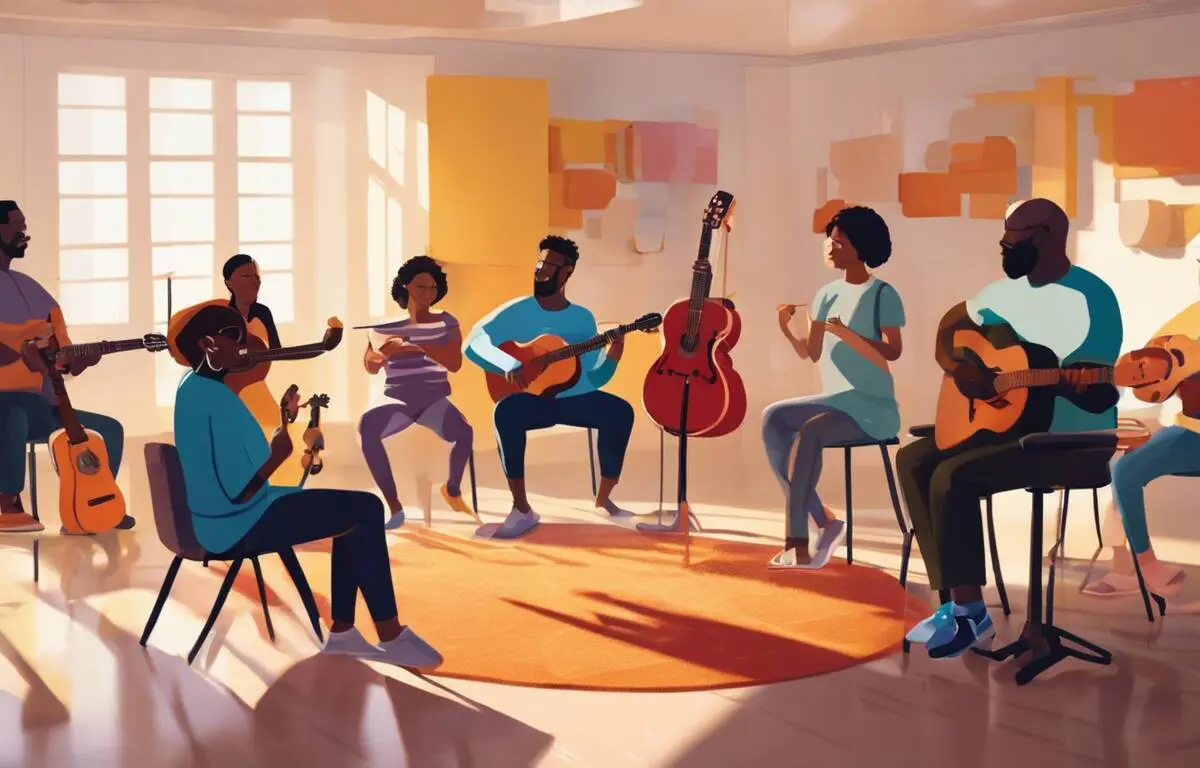The Power of Music Therapy: Healing Through Harmony

Music has long been recognized for its ability to uplift the spirit, soothe the soul, and evoke powerful emotions. Music therapy harnesses the healing power of music to address a wide range of physical, emotional, and psychological challenges. Here's a closer look at the power of music therapy:
- Emotional Expression and Processing: Music provides a non-verbal outlet for emotional expression and processing. Through listening to or creating music, individuals can explore and release pent-up emotions, such as grief, anger, or sadness, in a safe and supportive environment.
- Stress Reduction and Relaxation: Listening to calming music can trigger the relaxation response in the body, reducing heart rate, blood pressure, and muscle tension. Music therapy techniques, such as guided imagery and progressive muscle relaxation, can further enhance relaxation and stress relief.
- Enhanced Mood and Well-Being: Music has the power to uplift and elevate mood, providing a natural boost of dopamine and serotonin, neurotransmitters associated with pleasure and happiness. Listening to favorite songs or engaging in musical activities can promote feelings of joy, optimism, and well-being.
- Cognitive Stimulation and Rehabilitation: Music therapy can stimulate cognitive function and improve memory, attention, and problem-solving skills. For individuals with neurological conditions, such as Alzheimer's disease or traumatic brain injury, music therapy can aid in rehabilitation and promote neuroplasticity.
- Pain Management and Comfort: Music has been shown to reduce perceived pain levels and increase pain tolerance in individuals experiencing acute or chronic pain. Listening to soothing music or participating in music-making activities can distract from pain sensations and promote feelings of comfort and relaxation.
- Social Connection and Bonding: Music has the power to bring people together and strengthen social bonds. Group music therapy sessions provide opportunities for shared musical experiences, communication, and interpersonal connection, fostering a sense of belonging and community.
